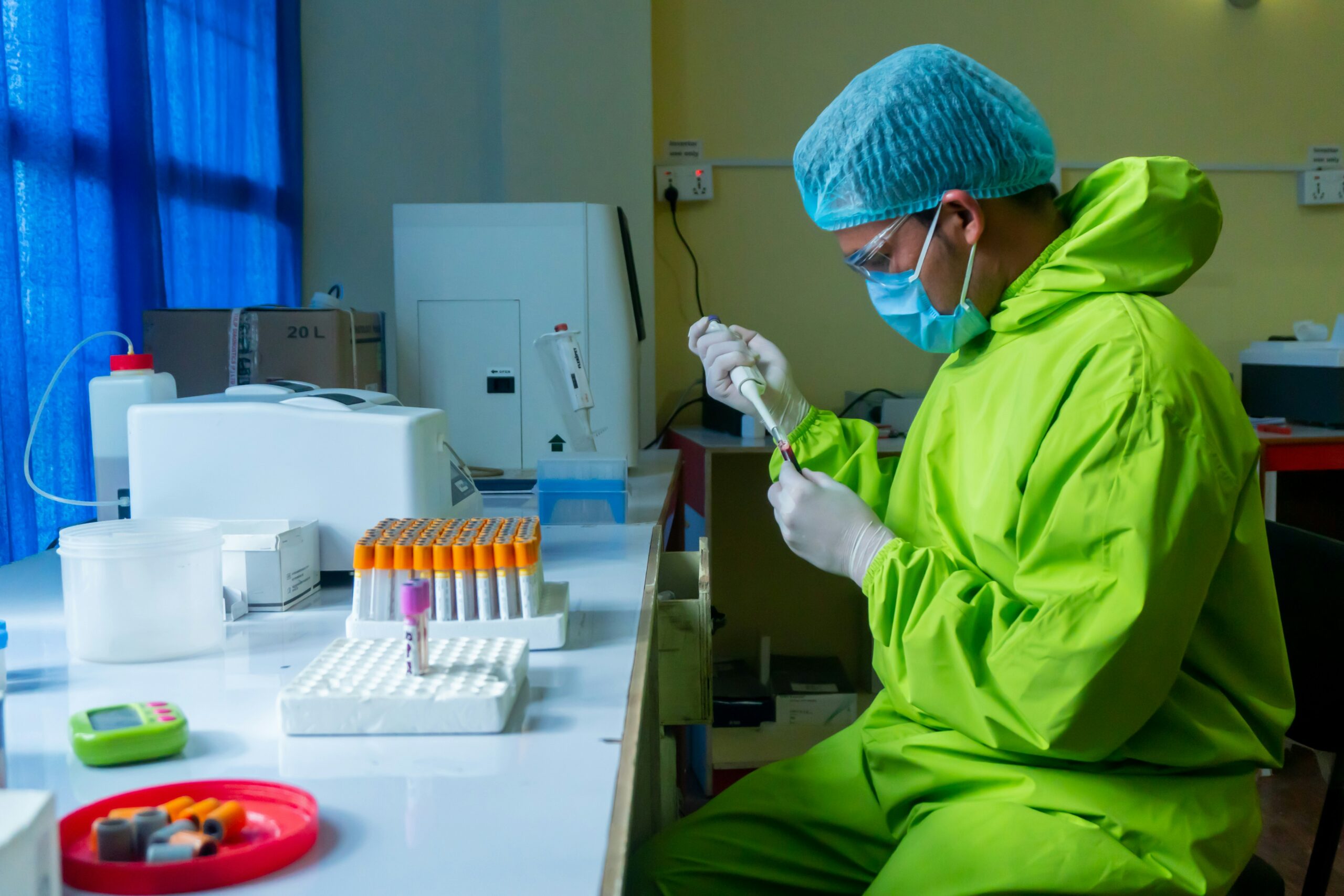ChIP-Based Phosphorylation Detection: A Powerful Tool for Unraveling Cellular Signaling
Cellular signal transduction pathways are complex networks that allow cells to respond to their environment, with phosphorylation playing a central role in these processes. The ability to detect phosphorylation in a genetic level is crucial for understanding how these pathways function in both healthy and diseased states. Chromatin immunoprecipitation (ChIP) has emerged as a powerful technique for … Read more


